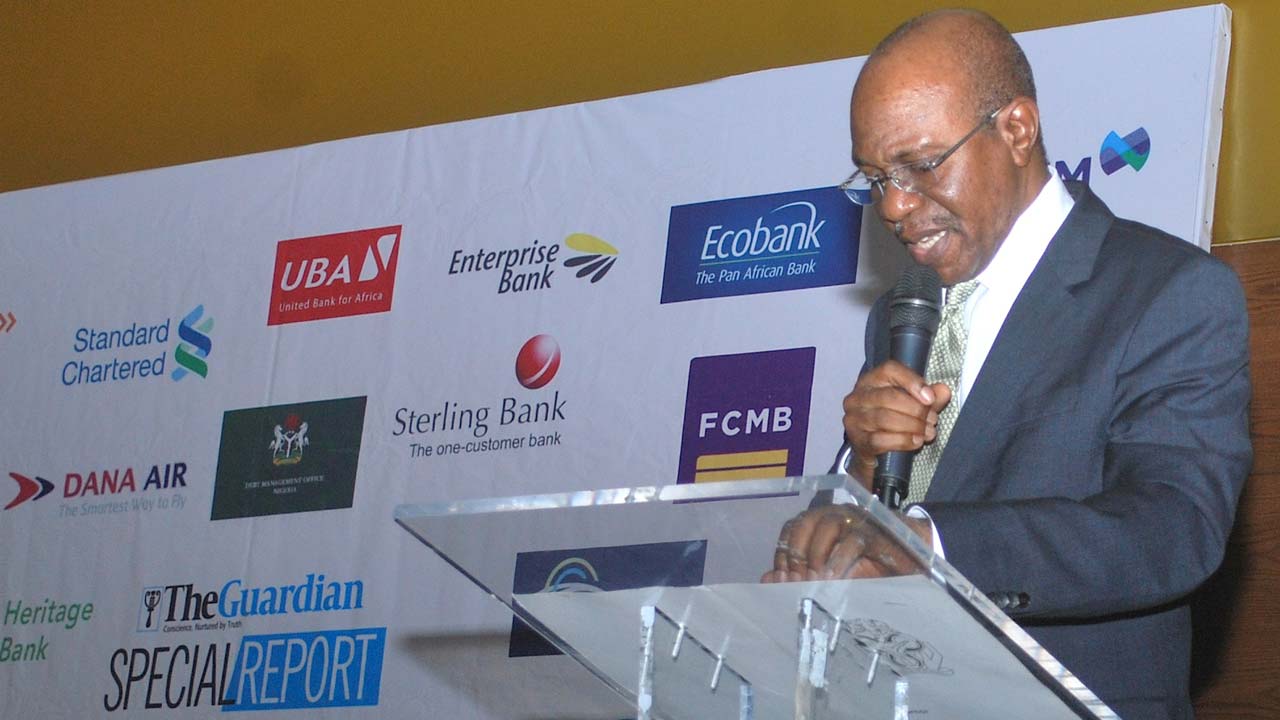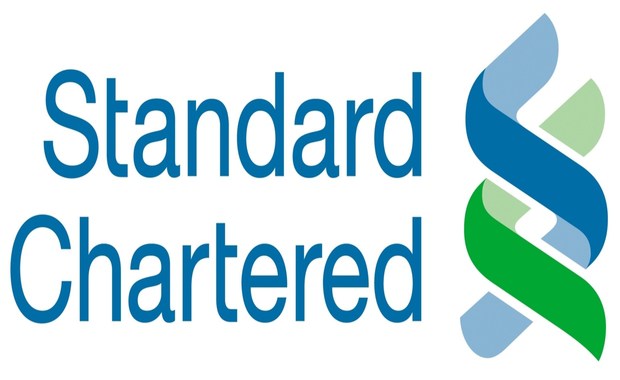A Deputy Governor of the Central Bank of Nigeria (CBN), who doubles as member of the Monetary Policy Committee (MPC), Mr. Edward Lametek, has made it clear that “payment of contractor debts by the Federal Government would go a long way in reducing the pressures in banking, and that improved surveillance and deployment of sanctions against regulatory infractions would engender good governance and stability”.
In the terse statement posted on the apex bank’s website, Lametek averred that “This is important because financial intermediation, especially provision of credit, is highly dependent on the state of health of financial institutions. At end-February 2019, the stock of deposit money banks’ total credit declined by about 2.5 per cent, year-on-year. This trend needs to be halted in the face of the prevailing sluggish performance of economic activity. In this context, the role of other financial institutions (OFIs) in the credit arena becomes important”.
Continuing, the CBN added that “Overall, the balance of risks continues to be tilted against economic growth. In my January 2019 statement, I emphasised the need to support growth given the weak outlook for economic activity based on indications from the oil sector (especially the volatility in crude prices and production cuts) and sluggish consumption demand. Of course, I noted that more clarity over the next two months (February and March) would be helpful in deciding the direction of monetary policy beyond third quarter of 2019”.
“Clearly, the indications then have been justified by subsequent developments particularly as shown by the CIEA, PMIs, and the outlook for the oil sector. My conviction about the merit of easing the policy stance around this time has been further strengthened by the increased opportunity for doing so. First, all the measures of inflation continued to trend downwards in February with an outlook for achieving single-digit core inflation by August. This means that the real challenge remains food inflation, which may be more effectively addressed through actions aimed at boosting production and easing distribution bottlenecks,” Lametek said.









